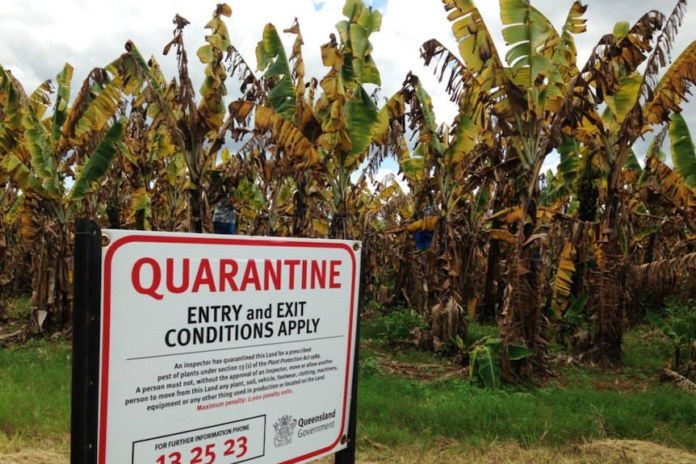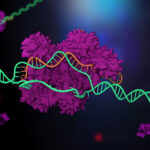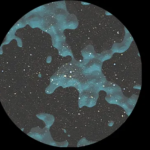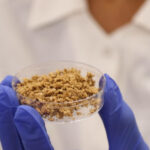I have gone bananas more than once on this site.
- Back in 2015, I described how the deficiencies of monoculture cultivation eventually was going to kill off the Cavendish variety, the dominant cultivar and seriously impact African consumption.
- In 2017 I described how Banana Xanthomonas Wilt, a bacterial disease was endangering the global crop and that there was a GMO solution that protestors were opposed to that could save the Cavendish.
- In 2018 I described how a fungus, Fusarium, was spreading Panama Disease across the globe endangering the Cavendish.
- In 2019 I described how banana growers were ignoring the need for genetic diversity at their continuing peril.
- In 2021 I wrote about the threat to food security because Panama Disease was not only wiping out billions of dollars of crops but was also threatening food security in Africa.
If you are unaware, the bananas that you slice into your cereal or munch on as a snack in the Global North, but eat daily as an essential food in much of the Global South, are seedless. Hence the crops grown are all clones derived from cuttings of existing plants. They are seedless because selective breeding has made it so. Who is responsible for the proliferation of seedless bananas? Blame America’s United Fruit Company known as Chiquita Brands International for the banana monoculture model that dominates the industry and continues to put the global crop in peril.
In 2017, 5.6 million hectares (13.8 million acres) of land was dedicated to banana production globally. Almost all of the bananas grown came from countries in the Global South.
Australian researchers at the Queensland University of Technology (QUT) are pursuing the rescue of the Cavendish by developing a genetically modified (GM) banana that is Panama-Disease-resistant. The new variety is called the QCAV-4 and the Australian government has approved it as safe to eat.
A gene found in a wild red banana that is native to Malaysia and Sumatra called Musa Acuminata Ssp Malaccensis, has been inserted into the Cavendish variety and won over the Aussie government to accept a GM crop for consumption.
What seems weird about the Aussie announcement by its developers, is the reference to QCAV-4 as being a “safety net” just in case Panama Disease should spread beyond where it currently is confined to a small area of Queensland. Queensland is where 95% of the country’s banana crop is grown, 97% of it Cavendish.
For banana growers, old habits die hard. The truth is, that the world needs to diversify banana growing to cultivate the many varieties that already are around, and through selective breeding or genetic modification, secure this important food source for the planet.
Professor James Dale is the leader of the banana biotechnology program at QUT where the QCAV-4 was engineered. His remarks in a recent interview about the response to the government approving the new variety state, “We welcome this decision as it’s a very important step towards building a safety net for the world’s Cavendish bananas.” He also notes that “in some countries, particularly in Central America, they spray up to 60 times a year” to try and stop the collapse of the Cavendish monoculture model caused by the spread of Panama Disease.
The Aussie team is now turning its research to develop another “safety net” GM version of the Cavendish that is threatened by a leaf-infecting fungus Pseudocercospora fijiensis, also known as Black Sigatoka.
Dale states that gene editing can future-proof foods like bananas. He concludes “We’re going to need these sorts of technologies to cut down on pesticides, but also as we’re getting into a much more challenging climate, we’ve got to be able to generate new cultivars that can cope with all these new conditions.”
















